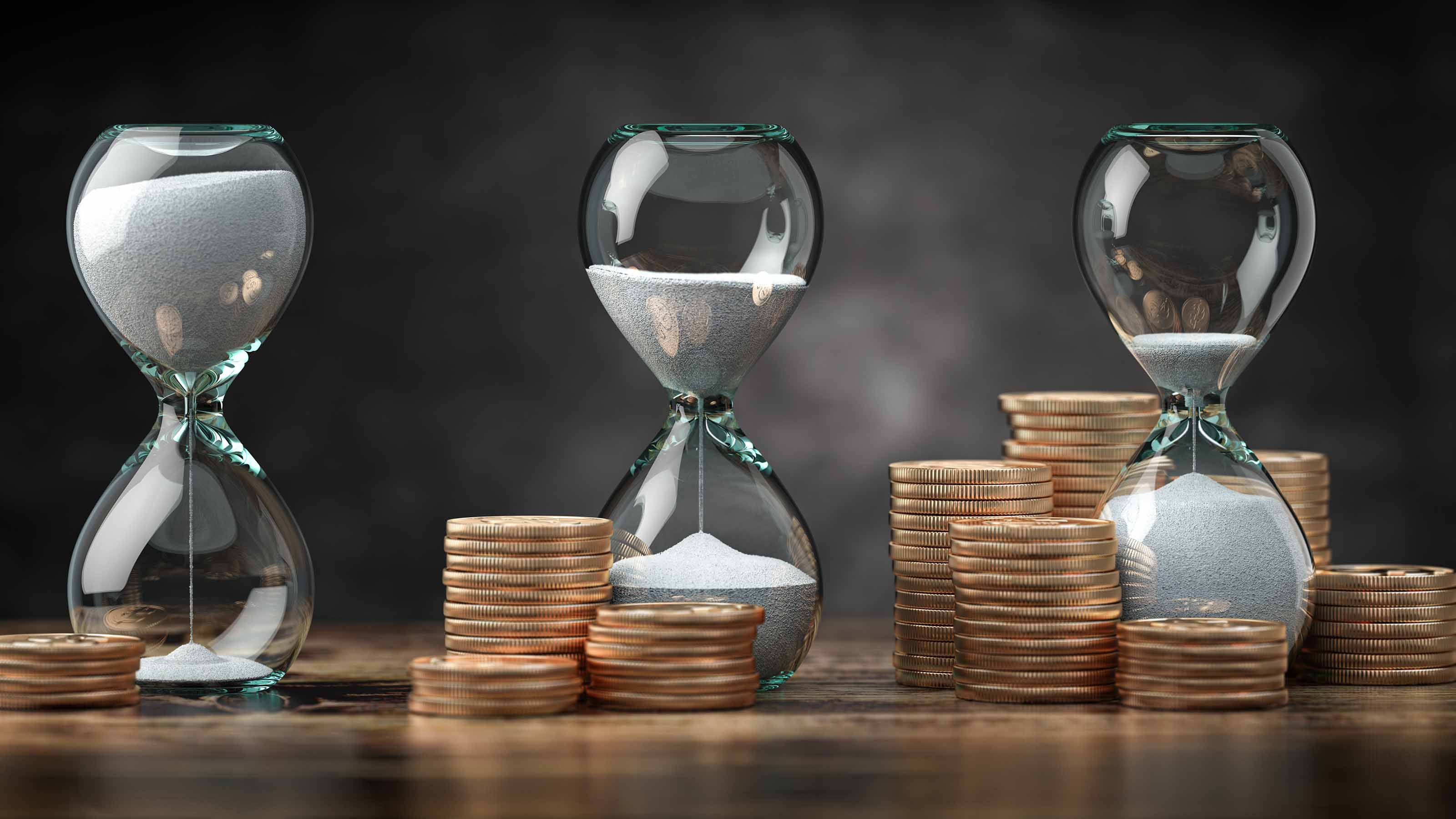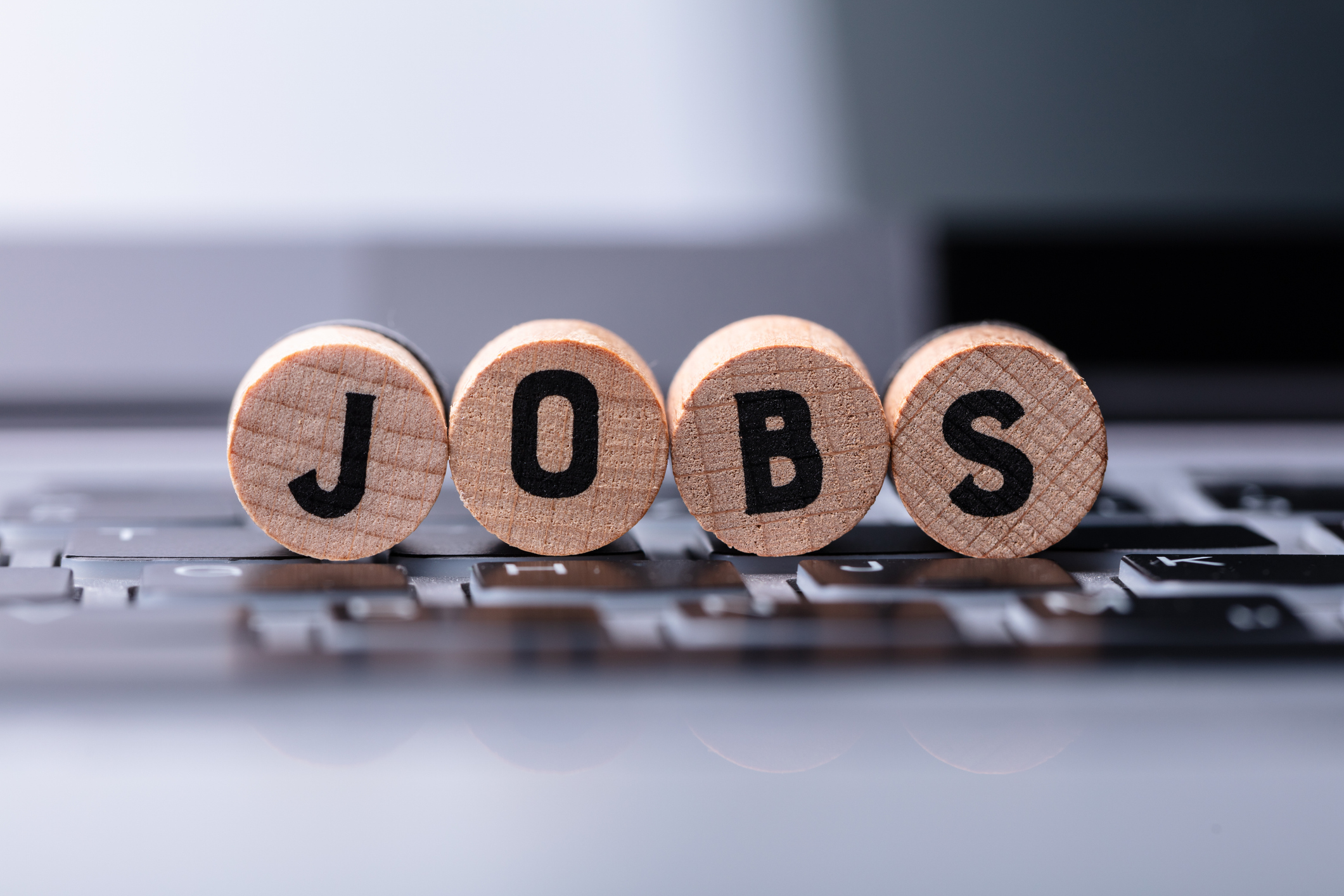Patience Pays for Investing Decisions
I maintain my fervor for high-yielding investments despite their credit risk.


Profit and prosper with the best of Kiplinger's advice on investing, taxes, retirement, personal finance and much more. Delivered daily. Enter your email in the box and click Sign Me Up.
You are now subscribed
Your newsletter sign-up was successful
Want to add more newsletters?

Delivered daily
Kiplinger Today
Profit and prosper with the best of Kiplinger's advice on investing, taxes, retirement, personal finance and much more delivered daily. Smart money moves start here.

Sent five days a week
Kiplinger A Step Ahead
Get practical help to make better financial decisions in your everyday life, from spending to savings on top deals.

Delivered daily
Kiplinger Closing Bell
Get today's biggest financial and investing headlines delivered to your inbox every day the U.S. stock market is open.

Sent twice a week
Kiplinger Adviser Intel
Financial pros across the country share best practices and fresh tactics to preserve and grow your wealth.

Delivered weekly
Kiplinger Tax Tips
Trim your federal and state tax bills with practical tax-planning and tax-cutting strategies.

Sent twice a week
Kiplinger Retirement Tips
Your twice-a-week guide to planning and enjoying a financially secure and richly rewarding retirement

Sent bimonthly.
Kiplinger Adviser Angle
Insights for advisers, wealth managers and other financial professionals.

Sent twice a week
Kiplinger Investing Weekly
Your twice-a-week roundup of promising stocks, funds, companies and industries you should consider, ones you should avoid, and why.

Sent weekly for six weeks
Kiplinger Invest for Retirement
Your step-by-step six-part series on how to invest for retirement, from devising a successful strategy to exactly which investments to choose.
My three-day rule states that upon any news-driven market crisis, wait three business days to move money.
Anyone who spent the weekend after Thanksgiving pondering risk from Black Friday's omicron shock benefited by standing pat.
Bond markets rallied all week despite the Federal Reserve's decision to quicken the pace of winding down its extraordinary bond and mortgage buying, thereby allowing long- and medium-term interest rates to float freely. That was supposed to slam bond values. Wrong-o. Oil prices tanked, a positive sign if you are afraid of inflation.
From just $107.88 $24.99 for Kiplinger Personal Finance
Become a smarter, better informed investor. Subscribe from just $107.88 $24.99, plus get up to 4 Special Issues

Sign up for Kiplinger’s Free Newsletters
Profit and prosper with the best of expert advice on investing, taxes, retirement, personal finance and more - straight to your e-mail.
Profit and prosper with the best of expert advice - straight to your e-mail.
That said, omicron is now the lead story alongside the Fed's battle against rising prices.
I maintain that as shipping bottlenecks and spot shortages of computer chips and chicken parts lift and home prices and rents quit soaring, the official inflation indicators will slow. By late 2022 or early 2023, the 6.2% annualized readout will be below 3%.
I admit that I and many others missed the bump in inflation, figuring the legacy of 2020's COVID-19 shutdowns would be extended economic weakness, which tends to be deflationary.
Instead, America is a crazy and seldom-seen salad of surging economic growth, employment, wages and inflation – but also persistently low long-term interest rates and resilient securities values, supported by the unimaginable and unprecedented stockpile of investor, bank and corporate cash eager for high yields and growth opportunities. All that money needs repositories that beat a one-year T-bill's 0.26% yield.
The Fed can hike short rates several times in 2022 and savers will still find slim pickings.
Stick With High Yield
In this environment, I maintain my fervor for high-yielding investments despite their credit risk. Other income experts agree. The main reason is America's relative economic power.
Brandywine Global high-yield bond manager John McClain calls Europe a "slow-melting ice cube," but he deems the U.S. "in the catbird seat globally on vaccines and therapeutics." If COVID surges, "we're going to be the economy that stays open," McClain says. He avers that the Fed will not pump interest rates too much because the Treasury cannot afford ever-higher interest bills.
Emily Roland, co-chief strategist for John Hancock Investment Management, reiterates her pre-omicron love of corporate bonds rated triple-B and those rated below (junk level) amid evidence the new virus strain will strengthen an already strong dollar. In the municipal sector, "you get paid to go down the credit-quality curve," says Greg Gizzi, of Delaware Funds. Tax-frees were deep in the green yet again as 2021 expired.
I still endorse floating-rate bank-loan funds, preferred stocks and shares of short-term, high-interest-rate lenders. In the tumultuous week following Black Friday, two of my favorites, Flaherty & Crumrine Preferred Income Fund (PFD) and Invesco Taxable Municipal Bond ETF (BAB), made 1.60% and 1.00% respectively – quite a one-week haul for any fixed-income offering.
I believe in floating-rate bank loans and funds such as RiverNorth Specialty Finance (RSF) and the closed-end DoubleLine Yield Opportunities Fund (DLY).
These are bold choices in a volatile environment. But this type of aggressive investment has prevailed for over a decade, and I see no reason to now blow the whistle.
Profit and prosper with the best of Kiplinger's advice on investing, taxes, retirement, personal finance and much more. Delivered daily. Enter your email in the box and click Sign Me Up.

Kosnett is the editor of Kiplinger Investing for Income and writes the "Cash in Hand" column for Kiplinger Personal Finance. He is an income-investing expert who covers bonds, real estate investment trusts, oil and gas income deals, dividend stocks and anything else that pays interest and dividends. He joined Kiplinger in 1981 after six years in newspapers, including the Baltimore Sun. He is a 1976 journalism graduate from the Medill School at Northwestern University and completed an executive program at the Carnegie-Mellon University business school in 1978.
-
 How to Watch the 2026 Winter Olympics Without Overpaying
How to Watch the 2026 Winter Olympics Without OverpayingHere’s how to stream the 2026 Winter Olympics live, including low-cost viewing options, Peacock access and ways to catch your favorite athletes and events from anywhere.
-
 Here’s How to Stream the Super Bowl for Less
Here’s How to Stream the Super Bowl for LessWe'll show you the least expensive ways to stream football's biggest event.
-
 The Cost of Leaving Your Money in a Low-Rate Account
The Cost of Leaving Your Money in a Low-Rate AccountWhy parking your cash in low-yield accounts could be costing you, and smarter alternatives that preserve liquidity while boosting returns.
-
 The New Fed Chair Was Announced: What You Need to Know
The New Fed Chair Was Announced: What You Need to KnowPresident Donald Trump announced Kevin Warsh as his selection for the next chair of the Federal Reserve, who will replace Jerome Powell.
-
 January Fed Meeting: Updates and Commentary
January Fed Meeting: Updates and CommentaryThe January Fed meeting marked the first central bank gathering of 2026, with Fed Chair Powell & Co. voting to keep interest rates unchanged.
-
 The December CPI Report Is Out. Here's What It Means for the Fed's Next Move
The December CPI Report Is Out. Here's What It Means for the Fed's Next MoveThe December CPI report came in lighter than expected, but housing costs remain an overhang.
-
 How Worried Should Investors Be About a Jerome Powell Investigation?
How Worried Should Investors Be About a Jerome Powell Investigation?The Justice Department served subpoenas on the Fed about a project to remodel the central bank's historic buildings.
-
 The December Jobs Report Is Out. Here's What It Means for the Next Fed Meeting
The December Jobs Report Is Out. Here's What It Means for the Next Fed MeetingThe December jobs report signaled a sluggish labor market, but it's not weak enough for the Fed to cut rates later this month.
-
 The November CPI Report Is Out. Here's What It Means for Rising Prices
The November CPI Report Is Out. Here's What It Means for Rising PricesThe November CPI report came in lighter than expected, but the delayed data give an incomplete picture of inflation, say economists.
-
 The Delayed November Jobs Report Is Out. Here's What It Means for the Fed and Rate Cuts
The Delayed November Jobs Report Is Out. Here's What It Means for the Fed and Rate CutsThe November jobs report came in higher than expected, although it still shows plenty of signs of weakness in the labor market.
-
 December Fed Meeting: Updates and Commentary
December Fed Meeting: Updates and CommentaryThe December Fed meeting is one of the last key economic events of 2025, with Wall Street closely watching what Chair Powell & Co. will do about interest rates.